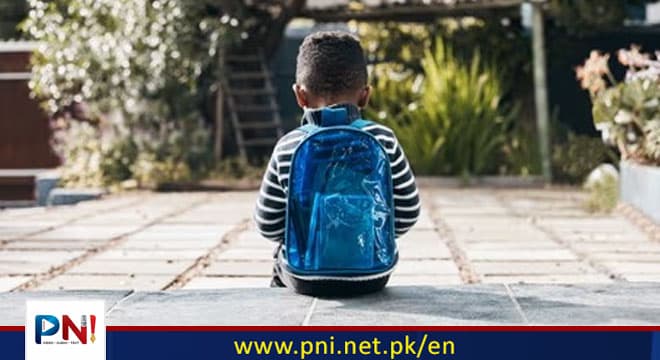ISLAMABAD, Oct. 04 (ONLINE): A team of researchers from the U.S. and London are recommending that verbal abuse be identified as a standalone type of child abuse, rather than grouping it within the label of emotional abuse. The suggestion comes amid recent reports that emotional abuse of children is now more common than physical or sexual abuse.
Researchers from Wingate University in North Carolina and from University College London analyzed data from 166 previous studies of child abuse. Their findings were published this month in the journal Child Abuse & Neglect.
For the study, child abuse was defined as “an adult or other caregiver engaging in acts that harm or omit needed care to a child.” The four currently recognized types of child abuse, the authors wrote, are physical abuse, sexual abuse, emotional abuse, and neglect.
Although some studies used other ways of measuring childhood verbal abuse, one common method is a question on the widely used Adverse Childhood Experiences Quiz that asks, “Before your 18th birthday, did a parent or other adult in the household often or very often swear at you, insult you, put you down, or humiliate you, or act in a way that made you afraid that you might be physically hurt?”
“These types of adult actions can be as damaging to a child’s development as other currently recognized and forensically established subtypes of maltreatment such as childhood physical and sexual abuse,” the authors wrote. “Yet there is less attention to childhood verbal abuse perpetrated by adults as either a form of childhood emotional abuse or its own category of maltreatment.”
Emotional abuse is now the most common type of child abuse experienced in the U.S., according to CDC data published this summer. About one-third of all U.S. adults reported experiencing emotional abuse during childhood, the CDC data show.
“All adults get overloaded sometimes and say things unintentionally. We have to work collectively to devise ways to recognize these actions and end childhood verbal abuse by adults so children can flourish,” said Jessica Bondy, founder of study sponsor and British nonprofit Words Matter, in a statement.
Children who experience abuse are more likely than their peers to have medical and mental health problems throughout life, as well as lower educational and employment achievement.
“Clear terminology, definitions, and measures are needed to aid in assessing the occurrence and impact of [childhood verbal abuse] for its recognition and prevention,” the authors concluded.
Follow the PNI Facebook page for the latest news and updates.









